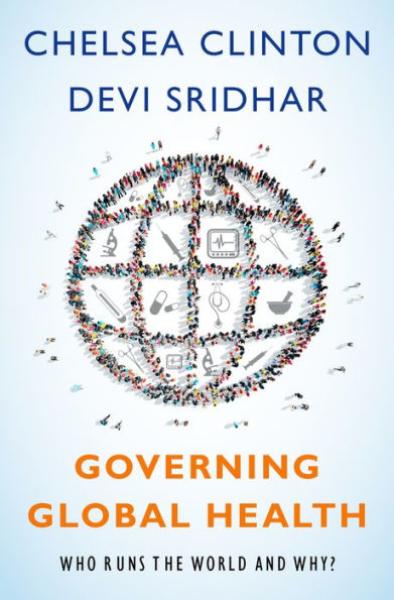Description
As Chelsea Clinton and Devi Sridhar show in Governing Global Health, these partnerships are not only important for combating infectious diseases; they also provide models for developing solutions to a host of other serious global health challenges and questions beyond health. But what do we actually know about the accountability and effectiveness of PPPs in relation to the traditional multilaterals? According to Clinton and Sridhar, we have known very little because scholars have not accumulated enough data or developed effective ways to assess them-until now. In their analysis, they uncovered both strength and weaknesses of the model. Using principal-agent theory in which governments are the principals directing international agents of various type, they take a closer look at two major PPPs-the Global Fund to Fight HIV/AIDS, TB and Malaria and the GAVI Alliance-and two major more traditional international organizations-the World Health Organization and the World Bank.
An even-handed and thorough empirical analysis of one of the most pressing topics in world affairs, Governing Global Health will reshape our understanding of how organizations can more effectively prevent the spread of communicable diseases like AIDS and reduce pervasive chronic health problems like malnutrition.
"Chelsea Clinton and Devi Sridhar [believe that global health public-private partnerships] are not only important for combating infectious diseases; they also provide models for developing solutions to a host of other serious global health challenges and questions beyond health. But what do we actually know about the accountability and effectiveness of PPPs in relation to the traditional multilaterals? According to Clinton and Sridhar, we have known very little because scholars have not accumulated enough data or developed effective ways to assess them--until now"--Amazon.com.
This is not only a timely and original book, but also a model of concise scholarship. After a quarter of a century working in the arena of global health, it wasn't until I read this book that I understood fully either the major institutions with which we so often work or the challenges before us now. Furthermore, Clinton and Sridhar have managed a minor miracle: they've made dry matters of governance interesting and even entertaining. This engaging study deserves a broad audience. Since the survival of tens of millions hang in the balance, as does the well-being of most on this planet, the stakes are greater than we know. - Paul Farmer MD, Partners In Health and Harvard Medical School
Who runs the world and why? Chelsea Clinton and Devi Sridhar ask this audacious question in this powerful and uncompromising book. They unmask the big four global health institutions of our era for the first time. Governing Global Health is a monumental achievement. Anyone seriously interested in the health of the world simply has to read it. - Lawrence O. Gostin, University Professor and Founding O'Neill Chair in Global Health Law, Georgetown Law School
The landscape of 'global health' is so fragmented, with so many agencies and private players in the picture, that it can be impossible to figure out who is in charge of everything from outbreaks to battling the tobacco industry. The adage, 'follow the money' too often leads to dead ends and bewildering arrays of public health players. Clinton and Sridhar have done a wonderful job of pulling the elusive pieces into focus, creating a must-read guide for students and practitioners of global health. - Laurie Garrett, Senior Fellow for Global Health, Council on Foreign Relations, and author of The Coming Plague
Clinton and Sridhar provide a unique insight in global health governance in a very rigorous and well documented analysis. A must for anybody working in global health, global governance and international affairs. - Peter Piot, Director & Handa Professor of Global Health, London School of Hygiene & Tropical Medicine
Product Details
- Oxford University Press, Brand
- Feb 9, 2017 Pub Date:
- 0190253274 ISBN-10:
- 9780190253271 ISBN-13:
- 304 Pages
- 9.3 in * 6.5 in * 1.2 in Dimensions:
- 1 lb Weight:




